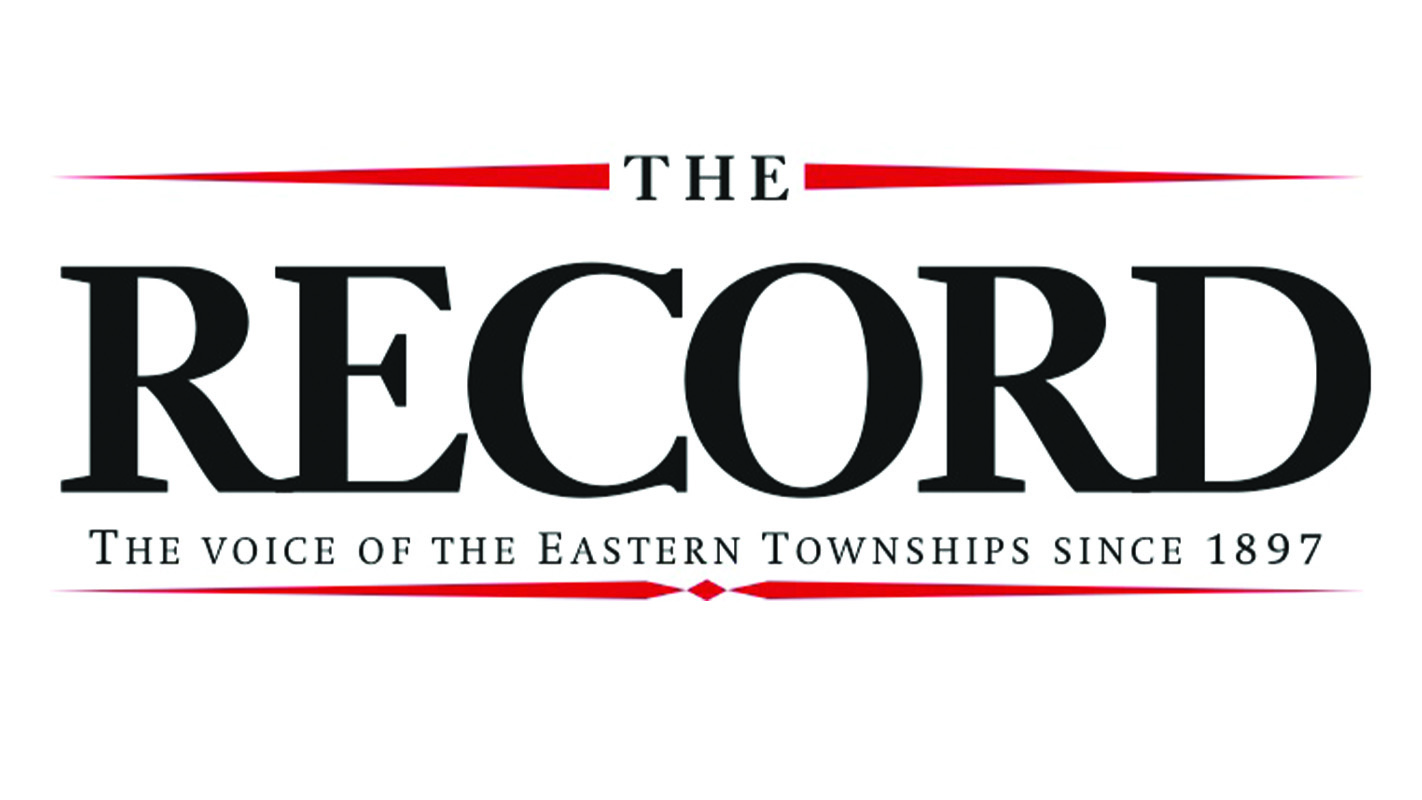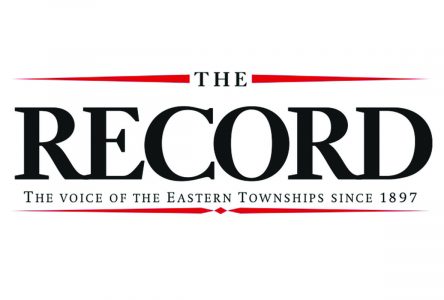By Gordon Lambie
A third dose of a COVID-19 vaccine is now being recommended across Quebec for people living in long term care homes (CHSLDs) private seniors’ residences (RPAs) and in intermediate resources (RI-RTFs) in light of what Health Minister Christian Dubé called “diminished efficacy” of the vaccine in more vulnerable populations six months after their second shot. The booster will be paired with the seasonal flu shot and offered in those establishments as of the end of the month of October.
“We are starting to have more outbreaks in seniors’ residences,” Dubé said on Tuesday afternoon, sharing that although the number of cases inside of residences is still relatively low, at 140, the aim is to try to get ahead of the trend before it becomes serious. “What we want is to give these people the best immunity possible, as soon as possible.”
Although the United States has opted to move ahead with a booster shot for all people over the age of 65, Provincial Director of Public Health Horacio Arruda said that for the moment this will not be the case in Quebec. Arruda agreed that there is some question as to whether countries like the U.S. and Canada should be considering a third dose when other nations are still working on trying to begin their campaigns, but he argued that that is a question for the international community, as Quebec is not in a position to easily re-package the supply of vaccines it already has on hand to send elsewhere.
“I’m not telling you it will never happen” Arruda continued, adding “if there is a risk to (seniors living at home), we will do the same thing.”
Asked about the rapidly approaching October 15 deadline by which all healthcare workers will have to be vaccinated or face suspension without pay, Dubé said that the province will not be changing its mind, despite there being close to 15,000 workers within the network who have yet to receive a shot.
“What I say to people who are not vaccinated is that even if you make the decision later, it is never too late,” the health minister said, explaining that workers will be allowed to return to work 30 days after their first dose.
Dubé denied that the government is trying to guilt trip unvaccinated workers into getting a shot, but also said that the system will likely have to undergo a significant reorganization after the 15 to account for the suspended workers and that healthcare workers who choose not to get vaccinated should consider the impact that choice will have on their vaccinated colleagues and society in general.
“We want the public to be served by people who are vaccinated,” he said.
Finally, on the subject of vaccination of children five to 11 years old, Arruda also said that although everything depends on when the vaccines get approval from the federal government, he expects a campaign to get started before Christmas, and possibly as early as the end of October.
The Province of Quebec reported 469 new cases of COVID-19 on Tuesday, bringing the total number of people infected to 408,931. As a result, the number of active cases dropped back under 6,000 to reach 5,986. There were six new deaths, for a total of 11,362 since the start of the pandemic. The total number of hospitalizations across the province due to the virus increased by 22, to 321, but 37 new people were admitted to hospital. Of that 321, 94 people were in intensive care, a decrease of one compared to the previous day even though nine new people were admitted to ICUs.
In the Eastern Townships there were 128 new cases recorded between Friday and Tuesday, but the total number of active cases in the region decreased slightly to 271.
The Townships also reported two new deaths, one from the Argyll in Sherbrooke and the other from the Résidence St-Charles in Granby.
There were 11 in hospital in the Eastern Townships for COVID-19 on Tuesday, four of whom were in intensive care.
Local vaccination rates reached 85.6 per cent of the eligible population for a first dose and 82.2 for a second.
According to the regional public health department, there are 1,026 healthcare workers in the Townships who have yet to receive a dose of a COVID-19 Vaccine, and more than 800 who are between a first and second dose.
Across the province 89.3 per cent of those 12 and up have received a first vaccine dose, and 85.2 per cent are now considered adequately vaccinated.





